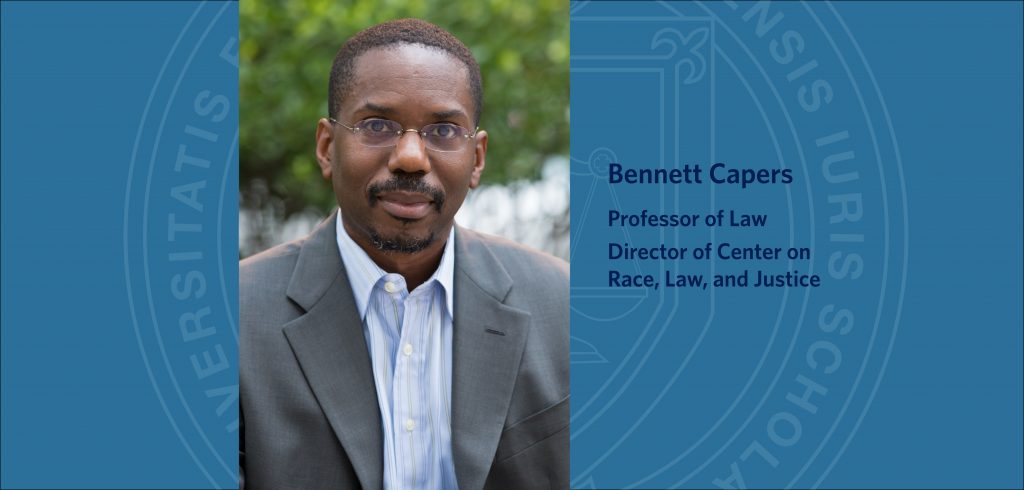In this Slate op-ed, Bennett Capers, associate dean for research at Fordham Law, breaks down what is at stake if Judge Dale Ho considers whether to accept the government’s motion to dismiss the case against New York City Mayor Eric Adams and what should happen next.
After a week of drama over the fate of Mayor Eric Adams’ indictment, including quid pro quo allegations against Donald Trump’s Department of Justice, the ball is in Judge Dale Ho’s court. Specifically, Judge Ho will have a hearing on Wednesday to determine whether to accept the government’s motion to dismiss the case against the New York City mayor, whose charges were dropped after Trump’s acting deputy attorney general and former defense attorney, Emil Bove, allegedly strong-armed the department into dropping the corruption charges against Adams in exchange for cooperation from the mayor on immigration enforcement.
…
Last week, the Trump administration ordered Danielle Sassoon, the acting U.S. attorney for the Southern District of New York, to dismiss the charges against Adams without prejudice, in what was transparently another quid pro quo, this time with Trump: You help me round up undocumented immigrants, and I’ll make the charges against you disappear. To her credit, Sassoon—a reportedly conservative Republican and friend of the Federalist Society who clerked for Supreme Court Justice Antonin Scalia—refused, saying it would be a violation of her ethical duty to dismiss charges returned by a federal grand jury, especially given the strength of the case. She threatened to resign. And she wasn’t the only one.
Acting Deputy General Bove fired back an acceptance of Sassoon’s resignation and accused her of losing “sight of the oath that you took when you started at the Department of Justice” by refusing to take orders. (For legal watchers, the spat between the two was on par with Kendrick Lamar’s beef with Drake, but with consequences for our democracy.) By the end of the week, several other prosecutors had resigned, including the lead prosecutor on the case, who, not mincing words, called Bove’s reasoning “transparently pretextual,” and added that “any assistant U.S. attorney would know that our laws and traditions do not allow using the prosecutorial power to influence other citizens, much less elected officials, in this way.” He also added this closing shot: “If no lawyer within earshot of the President is willing to give him that advice, then I expect you will eventually find someone who is enough of a fool, or enough of a coward, to file your motion. But it was never going to be me.” Bove, in turn, threatened to fire/demand the resignation of more prosecutors until someone did Trump’s bidding. On Friday, a prosecutor finally agreed, apparently to stem the firings.
The three-page motion to dismiss is now in front of Judge Ho, and rehashes the “transparently pretextual” arguments Bove raised before, namely that dismissal is warranted because of: 1) the appearance of impropriety based on statements made by the former U.S. attorney; and 2) the risk of interference with the mayoral election and Adams’ ability to govern. So what will Ho do on Wednesday?
There are many things to admire about Sassoon’s letter refusing to kowtow to Trump. She didn’t just threaten to resign. She could have done that in one paragraph. Instead, she wrote an eight-page letter which sets out in detail why the government doesn’t have a valid basis to seek a dismissal, and why Ho should agree.
Read “What Happens Next in the Eric Adams Case? It’s Up to One Judge.” on Slate.

